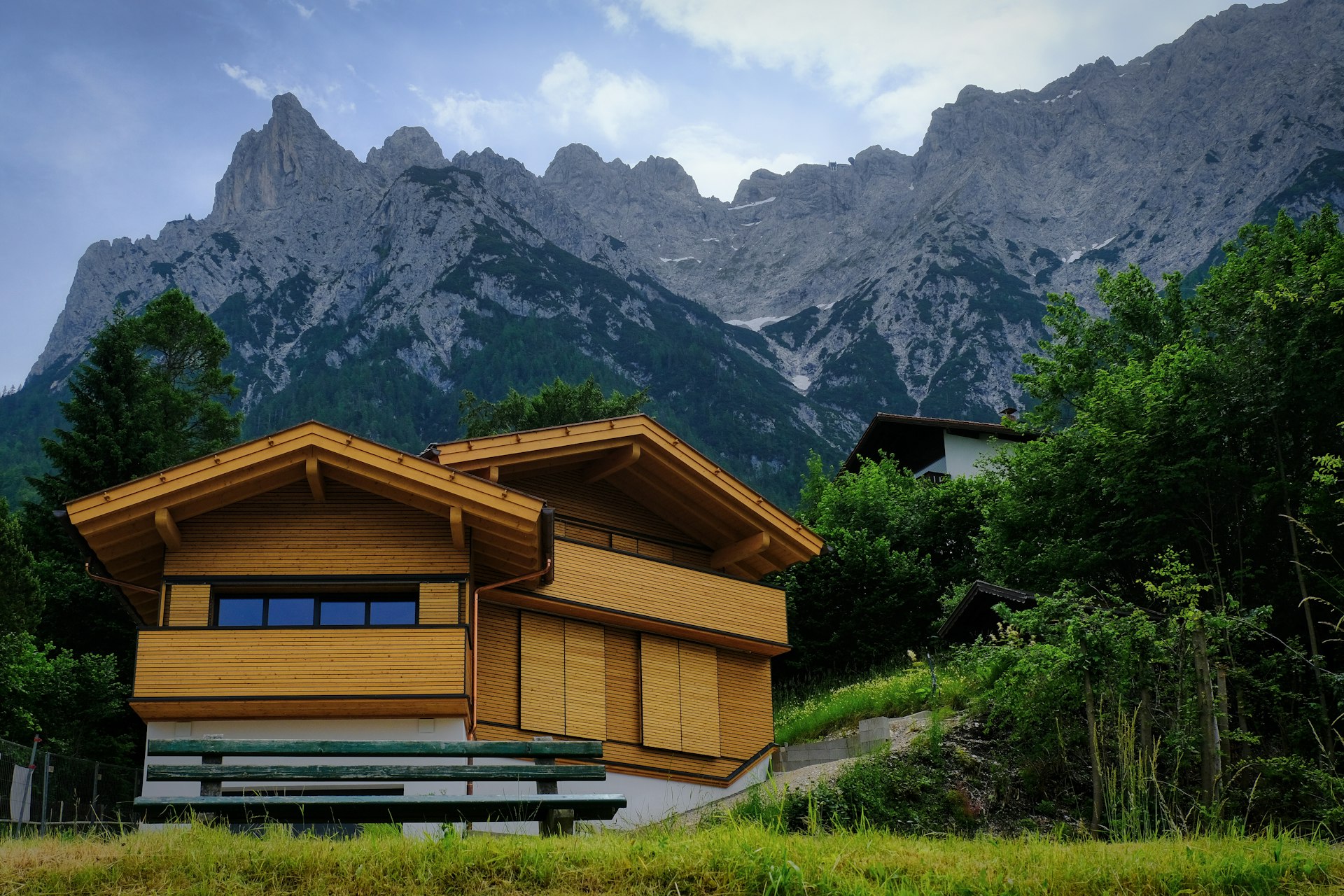Unlocking the Value of Investing in Gated Community Real Estate

Photo by Maria Bobrova on Unsplash
Introduction: Why Consider Gated Community Real Estate Investments?
Gated community real estate investments have grown in appeal for families, retirees, and savvy investors seeking a blend of exclusivity, security, and lifestyle amenities. These communities offer more than just property-they provide a holistic living experience with added benefits that can translate into solid investment returns. This article explores the essential elements of gated community investments, provides actionable guidance for accessing these opportunities, and presents real-world considerations for prospective buyers and investors.
The Unique Appeal of Gated Community Living
One of the primary attractions of gated communities is the sense of security and privacy they offer. Controlled access points, security personnel, and surveillance systems are standard features, significantly reducing the likelihood of unauthorized entry and crime. Residents benefit from quieter streets, less traffic, and a peaceful environment, making these communities ideal for families with children and individuals prioritizing tranquility and safety. [2] [3]
This heightened security is complemented by a strong sense of community and belonging. Social amenities such as clubhouses, pools, fitness centers, golf courses, and organized community events foster neighborly interaction and a shared sense of pride among residents. [5]
Investment Advantages: Property Value Trends and Financial Returns
Gated community properties typically command a premium price over comparable homes in non-gated areas. According to research from Florida Atlantic University, homes in gated communities may sell for an average of $30,000 more than similar properties outside these developments. The reasons are rooted in enhanced security, consistently maintained surroundings, and the exclusivity that appeals to buyers. [1]
For investors, these attributes translate into higher resale values and better long-term appreciation. The presence of homeowner associations (HOAs) that enforce property standards ensures ongoing maintenance, further preserving-and often enhancing-property values. [3]
Additionally, these communities attract a targeted demographic willing to pay for the lifestyle benefits, resulting in strong demand and competitive market positioning. [2]
Rental and Resale Potential: A Steady Stream of Opportunity
Gated community properties are often in high demand among renters, particularly families, retirees, and professionals who value security and amenities. This demand can result in steady rental income and lower vacancy rates compared to non-gated properties. When it comes time to sell, the same factors-security, exclusivity, and amenities-help properties in these communities sell faster and at higher prices. [1]

Photo by Troy Mortier on Unsplash
However, investors should carefully consider the impact of recurring Homeowner Association (HOA) fees, which cover the upkeep of communal spaces and security. While these fees can affect profitability, they also support the services and amenities that make gated communities attractive and help sustain property values.
Amenities and Quality of Life: More Than Just Real Estate
One distinguishing feature of gated communities is the broad range of amenities designed to elevate residents’ quality of life. These may include:
- Community centers and clubhouses
- Golf courses, tennis courts, and fitness centers
- Swimming pools and playgrounds
- Walking trails and landscaped open spaces
- Shopping centers and on-site services
Such amenities foster a vibrant community lifestyle, provide convenience, and contribute to the overall value of the investment. The meticulous maintenance of these facilities and the community’s visual appeal help ensure that properties within continue to appreciate and remain desirable. [5] [4]
Challenges and Considerations: Costs, Rules, and Market Trends
While gated communities offer several advantages, there are important considerations for investors:
- HOA Fees: These can be substantial, covering security, amenities, and maintenance. Prospective investors should request a full breakdown of expected fees and factor them into their return calculations. [1]
- Community Rules: Gated communities often maintain strict guidelines on property appearance, renovations, and resident behavior. While these rules uphold aesthetics and value, they may restrict flexibility.
- Market Sensitivity: As with all real estate, property values in gated communities are subject to broader market trends and economic shifts. While they often outperform non-gated neighborhoods, there are no guarantees of appreciation.
Careful due diligence is crucial. Prospective buyers and investors should review HOA documents, consult with real estate professionals familiar with local gated communities, and compare offerings before making a commitment.
Step-by-Step Guidance: How to Access Gated Community Investment Opportunities
For those interested in pursuing gated community real estate investments, the following steps can help you navigate the process:
- Research Local Markets: Identify regions or cities where gated communities are in strong demand. Consult local real estate agents experienced in these developments, and look for communities with a track record of property value appreciation.
- Assess Community Features: Visit potential communities in person or take virtual tours. Review available amenities, community rules, HOA fees, and the general upkeep of shared spaces.
- Consult Financial and Legal Experts: Work with a real estate attorney to review purchase agreements and HOA rules. Speak to a financial advisor to ensure your investment aligns with your goals and risk tolerance.
- Understand Financing Options: Many lenders offer conventional mortgages for properties in gated communities, but some may have specific requirements. Compare rates and terms to find the best fit.
- Consider Rental Potential: If you plan to rent out the property, research local rental rates, tenant demand, and any restrictions on leasing within the community.
- Finalize Purchase: Once all due diligence is complete, work with a licensed real estate agent to negotiate and close the transaction.
If you need assistance identifying reputable gated communities or want to explore investment options, consider contacting a real estate agency specializing in these properties. You can search for “gated community real estate agencies in [your city]” or consult the National Association of Realtors for local references.
Alternatives and Additional Pathways
For investors who prefer indirect exposure, consider Real Estate Investment Trusts (REITs) or funds that include residential developments with gated community features. These provide diversification and professional management, though they may offer less personalized control over the investment property.
Alternatively, connecting with local real estate investment groups can help you learn more about the specific dynamics of gated communities in your target area, share experiences, and access off-market opportunities.
Key Takeaways for Prospective Investors
Gated community real estate investments can offer strong potential for long-term appreciation, desirable living conditions, and a steady stream of interested buyers and renters. By carefully evaluating community features, understanding financial obligations, and performing thorough due diligence, investors can position themselves for success in this premium segment of the real estate market.
While not without challenges, the unique blend of lifestyle and financial benefits makes gated communities a compelling option for those seeking both quality of life and investment returns.
References
- [1] ideal-LIVING (2023). Are Gated Communities a Good Investment? Insights on Property Value Trends.
- [2] The Rob Ellerman Team (2023). The Benefits of Buying a Home in an Exclusive Gated Community.
- [3] Valerie Fitzgerald (2023). The Benefits of Living in a Gated Community in Los Angeles.
- [4] SOBHA Limited (2023). 10 Benefits of Buying a Home in a Gated Community.
- [5] Number One Property (2023). Pros and Cons of Buying Property in a Gated Community.
MORE FROM resultsfordeals.com













